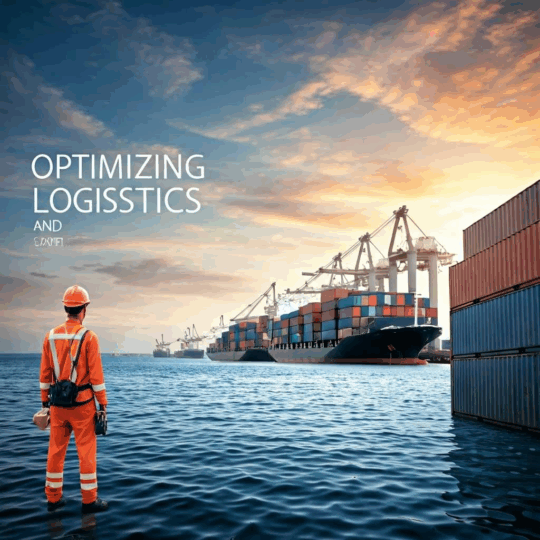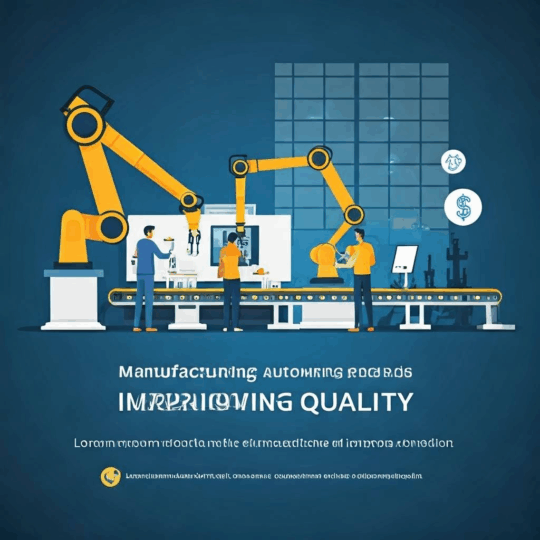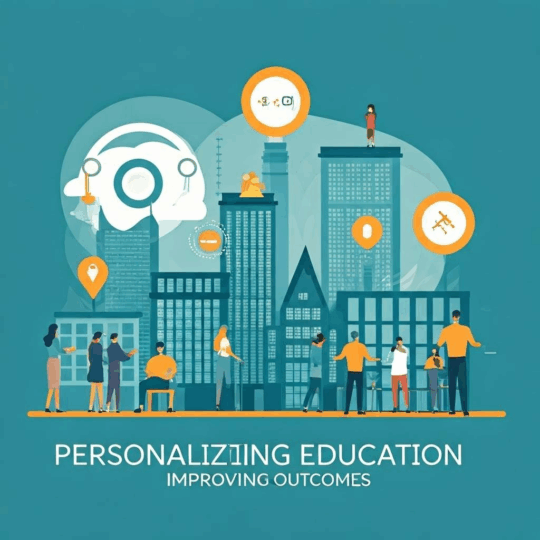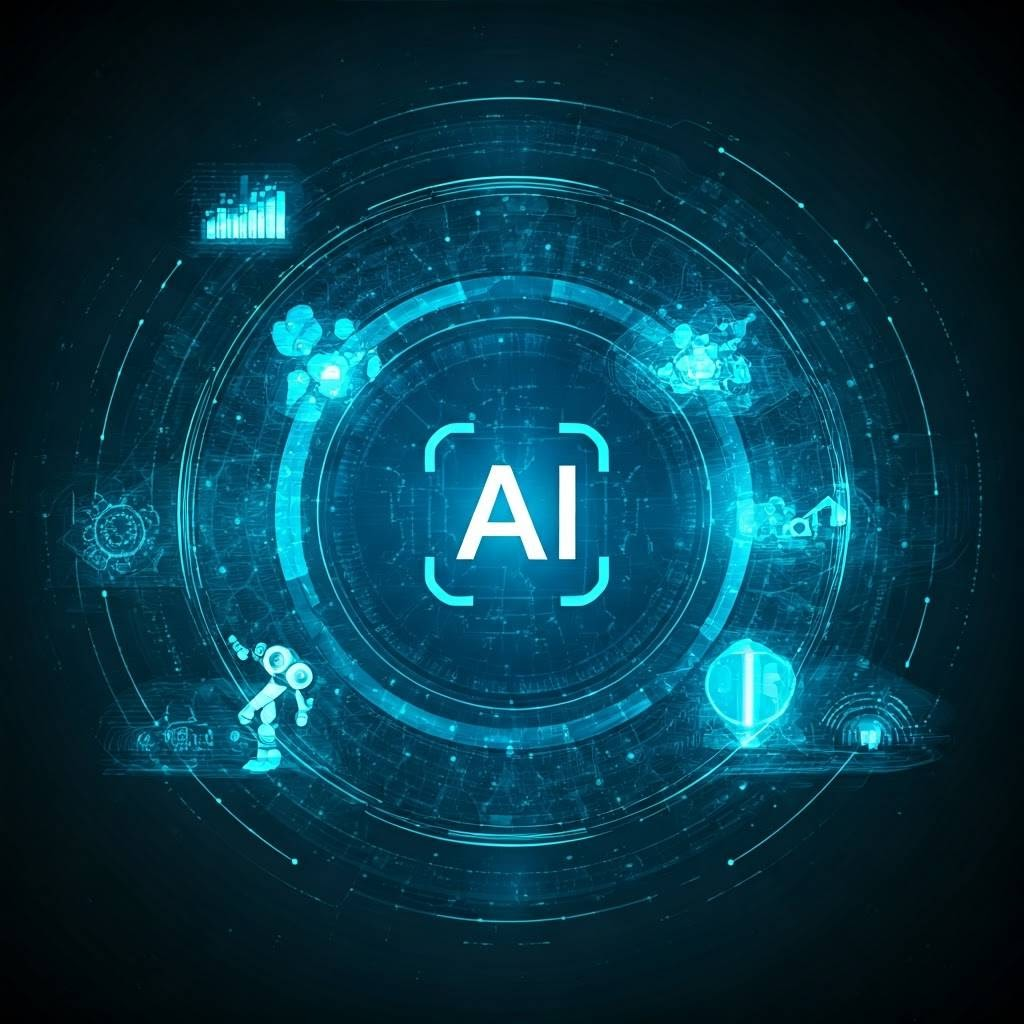Artificial intelligence (AI) and machine learning (ML) are no longer futuristic concepts; they are powerful forces reshaping industries across the globe. Their ability to analyze vast datasets, identify patterns, and automate complex tasks is driving unprecedented levels of efficiency, innovation, and growth. This blog post explores the transformative impact of AI and ML across various sectors, highlighting key challenges and presenting potential solutions.
Hotels and Restaurants: Enhancing Guest Experiences and Operational Efficiency
The hospitality industry is embracing AI to personalize guest experiences and streamline operations.
Challenges:
- Customer Service Bottlenecks: Handling a high volume of inquiries and requests can strain staff resources.
- Inventory Management Inefficiencies: Overstocking or understocking food and supplies leads to waste and lost revenue.
- Personalization Deficiencies: Failing to tailor services to individual guest preferences diminishes satisfaction.
AI-Powered Solutions:

- Chatbots and Virtual Assistants: AI-powered chatbots provide instant customer service, answering FAQs, taking reservations, and offering personalized recommendations.
- Predictive Analytics for Inventory Management: ML algorithms analyze historical data to forecast demand, optimize ordering, and minimize waste. For example, a restaurant can predict how many of each dish to prepare based on past sales, weather, and local events.
- Personalized Recommendations: AI algorithms analyze guest data to provide tailored recommendations for dining, activities, and room preferences, enhancing the overall guest experience.
Shipping and Maritime: Optimizing Logistics and Safety
The shipping industry is leveraging AI to improve operational efficiency, enhance safety, and reduce costs.
Challenges:
- Inefficient Route Planning: Traditional route planning methods may not account for real-time weather conditions, port congestion, or other variables.
- Predictive Maintenance: Unexpected equipment failures can lead to costly delays and downtime.
- Safety Risks: Human error and environmental factors pose significant safety risks.
AI-Powered Solutions:

- Smart Route Optimization: AI algorithms analyze real-time data to optimize routes, minimizing fuel consumption and transit times.
- Predictive Maintenance Systems: ML models analyze sensor data from equipment to predict potential failures, enabling proactive maintenance and reducing downtime.
- Autonomous Navigation Systems: AI-powered systems can assist in navigation, enhancing safety and reducing the risk of accidents.
Manufacturing: Automating Processes and Improving Quality
Manufacturing is undergoing a significant transformation with the adoption of AI and ML, leading to increased productivity and improved quality.
Challenges:
- Process Inefficiencies: Manual processes and outdated systems can lead to bottlenecks and delays.
- Quality Control Issues: Detecting defects in products can be time-consuming and prone to human error.
- Supply Chain Disruptions: Managing complex supply chains can be challenging, leading to delays and increased costs.
AI-Powered Solutions:

- Robotics and Automation: AI-powered robots automate repetitive tasks, increasing efficiency and reducing labor costs.
- AI-Driven Quality Control: ML algorithms analyze images and sensor data to detect defects in products, improving quality control and reducing waste.
- Predictive Maintenance for Equipment: AI systems monitor equipment performance to predict potential failures, enabling proactive maintenance and minimizing downtime.
Learning Institutions: Personalizing Education and Improving Outcomes
Educational institutions are leveraging AI to personalize learning experiences and improve student outcomes.
Challenges:
- One-Size-Fits-All Education: Traditional teaching methods may not cater to the diverse learning styles and needs of all students.
- Administrative Burdens: Managing student data, grading assignments, and providing feedback can be time-consuming for educators.
- Student Engagement: Keeping students engaged and motivated can be challenging.
AI-Powered Solutions:

- Personalized Learning Platforms: AI algorithms analyze student performance to provide tailored learning paths and recommendations.
- Automated Grading and Feedback: AI-powered systems can automate the grading of assignments and provide personalized feedback to students.
- Virtual Tutors and Chatbots: AI-powered virtual tutors provide students with instant support and guidance, enhancing their learning experience.
AI and ML are revolutionizing industries by providing innovative solutions to complex challenges. From enhancing guest experiences in the hospitality sector to optimizing logistics in shipping and maritime, these technologies are driving efficiency, innovation, and growth. As AI continues to evolve, its impact will only become more profound, transforming the way we live and work. Embracing these technologies is no longer a choice but a necessity for businesses seeking to remain competitive in the rapidly evolving landscape.

